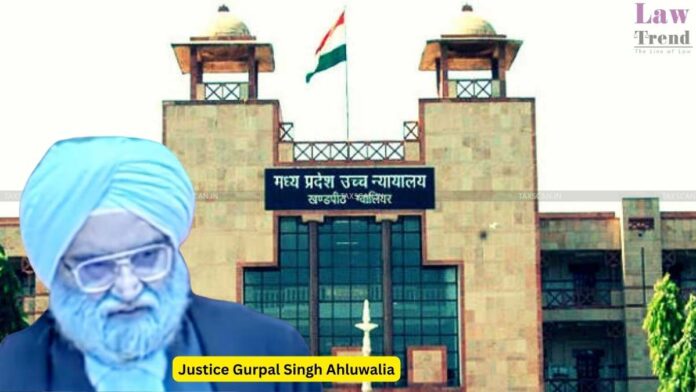In a landmark judgment aimed at upholding the integrity of witness protection and judicial efficiency, the Madhya Pradesh High Court has restricted the accused’s right to further cross-examine a prosecutrix, stating that repeated adjournments for cross-examination create a “harassing environment” for witnesses. Justice G. S. Ahluwalia, presiding over Tulsi Ram Lodhi vs. State of Madhya




